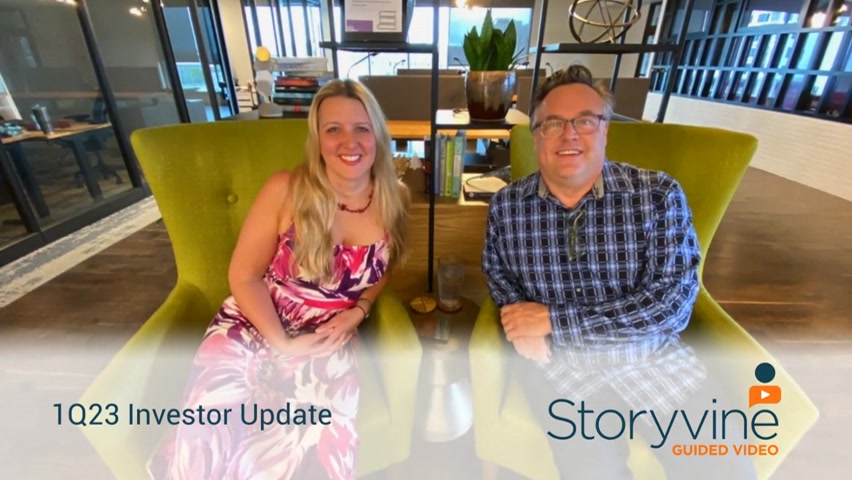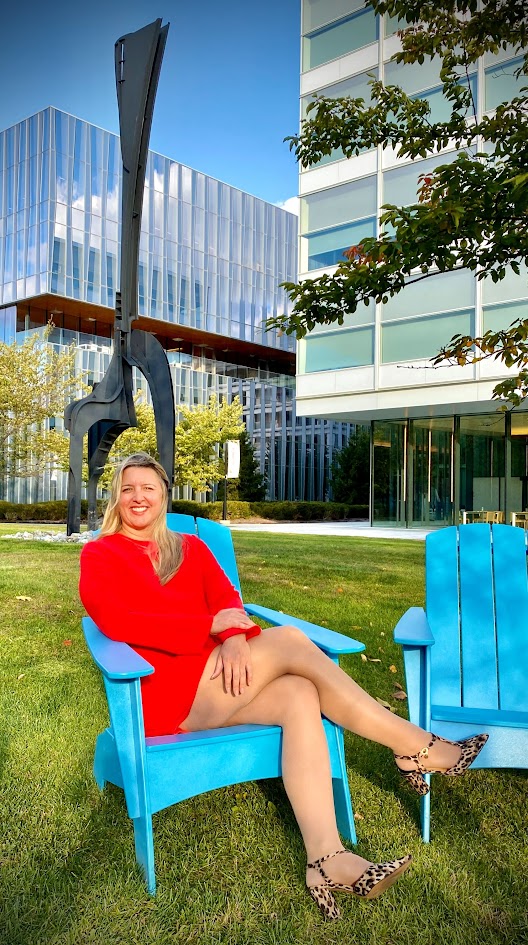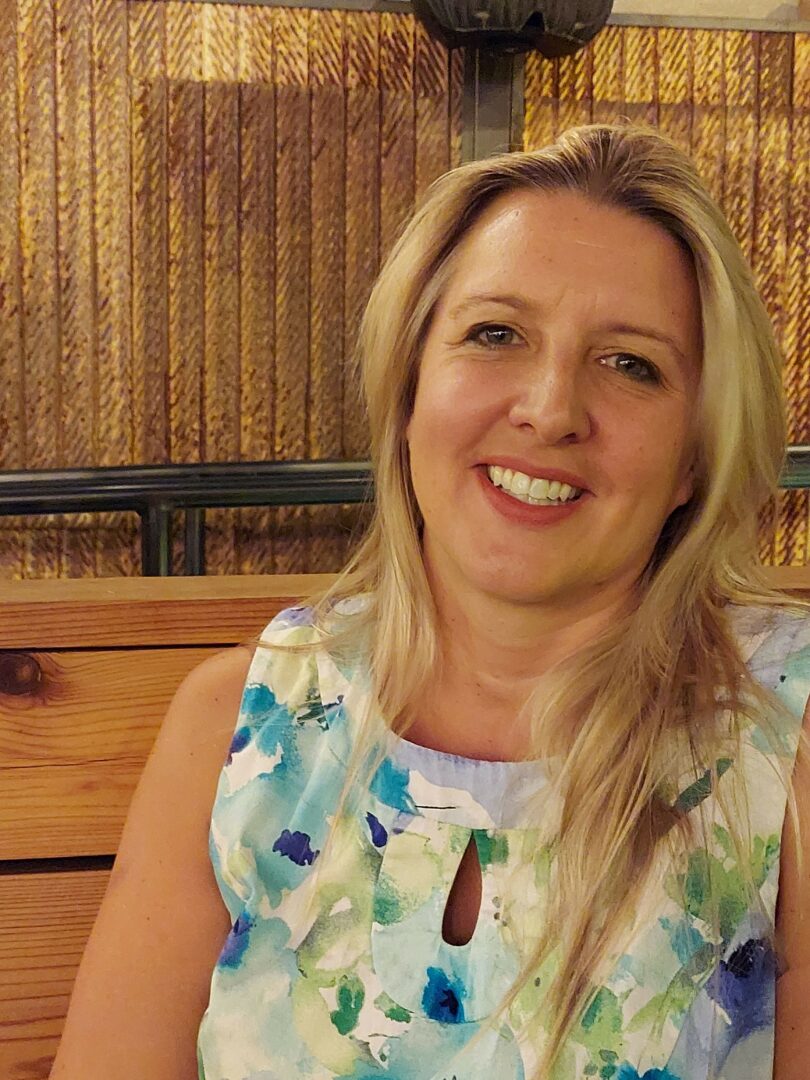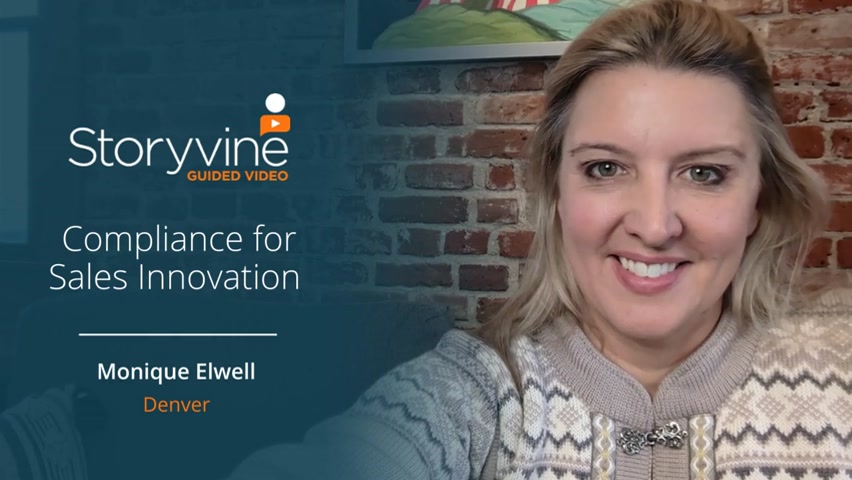We were lucky to catch up with Monique Elwell recently and have shared our conversation below.
Monique, thank you so much for joining us today. Let’s jump right into something we’re really interested in hearing about from you – being the only one in the room. So many of us find ourselves as the only woman in the room, the only immigrant or the only artist in the room, etc. Can you talk to us about how you have learned to be effective and successful in situations where you are the only one in the room like you?
I am a woman who grew up with boys and gravitated toward the rough-and-tumble industries of finance and tech. Luckily, I was introduced to Deborah Tannen’s Talking 9 to 5 early in my career. In this book, she discusses how men and women speak, dress, and act differently in the workplace. At the time, it was assumed that men had “Direct Speech” and women had “Indirect Speech.” Her research showed that both sexes use both direct and indirect speech; they just look different.
For example, a woman’s direct speech might look like her stating aloud, “It’s hot in here.” A woman familiar with this form of direct speech, also known in today’s parlance as “venting,” would simply respond with an empathetic, “That sucks.” Those familiar with male indirect speak, however, would assume that “I’m hot in here” meant they should do something about it, like immediately opening a window to fix the problem.
I decided to use my daily work environment as an anthropological study and spent a lot of time observing the habits of my very male coworkers. I took advantage of that knowledge and used it to my favor. For example, my research showed that I was assumed to be a receptionist 100% of the time, while my male counterparts were assumed to be more senior. (In fact, I was in the highest pay bracket for Junior Associates at Smith Barney my first year there, and the next year I was the only person promoted to Associate without an MBA.) Instead of complaining, I used this opportunity to obtain more information. When someone approached me, assuming I was a receptionist, I greeted them cheerily and asked who they were and who they were there to see. I then explained who I was and asked them more questions if they seemed like someone from whom I could learn or with whom I could build a future professional relationship.
Later in my career, I attended a number of conferences. One year, I was tasked with researching an industry I knew nothing about: IT Security. I attended a conference with the sole purpose of gathering information. Knowing that I would probably be the only woman in a conference of several hundred men, I strategically chose a professional yet slightly shorter skirted business suit.
Because I was a woman, and because I stood out, I felt I had an advantage: I could walk up to anyone, no matter who they were—and so I did. I spoke with tons of people, collected dozens of business cards, and later I would call them up and say…with deadpan delivery, “Hi, my name is Monique Elwell. We met at the ABC IT Security Conference. I was the woman.” Not only would this get a laugh, but every single one of them remembered who I was and was willing to speak with me at length.
To summarize: I accept my differences and find ways to turn them into strengths. I love being the only woman in the room. And yes, sometimes it means I have to prove myself more, work longer, and work harder, but it also means I get better access and am always remembered.

Thanks for sharing that. So, before we get any further into our conversation, can you tell our readers a bit about yourself and what you’re working on?
I’m Monique Elwell, and I’m the President & COO of Storyvine, a video production technology company that I co-founded over a decade ago. Storyvine is a platform that helps companies in highly regulated industries—like healthcare, pharmaceuticals, education, and beyond—tell their stories authentically and at scale. Our mission is to make it easy for organizations to capture real stories that resonate with their audiences, even when those stories must meet strict compliance and brand standards. Our clients range from large corporations to nonprofits and advocacy organizations who want to connect deeply with their audiences through video.
What makes Storyvine special is our unique ability to bridge the gap between professional-grade video production and the authenticity of user-generated content. Our technology simplifies and streamlines video creation, so even people with no technical expertise can produce powerful, compliant videos that feel genuine and real. And in today’s world, that authenticity is what resonates most.
One of the most exciting things we’re working on now is our AI-powered product suite. We can take any video—whether it’s created with Storyvine or another platform—and instantly turn it into a full content set, including blog posts, social media posts, pull quotes, hashtags, and more. It’s like having an entire content team available at the push of a button. We’re also working on AI-driven products like translation services, customizable avatars, and persona-driven storytelling, which allow brands to personalize their content on a level we’ve never seen before. This expansion into AI has been a thrilling journey, and I’m proud to say that we’re at the forefront of a massive shift in how stories are told digitally.
Beyond the technology, Storyvine is known for our reliability and our commitment to authenticity. We’re not just a video platform; we’re partners in helping our clients tell stories that build trust and make an impact. For anyone looking to connect with clients, empower employees, or advocate for a cause, Storyvine is here to make your stories easier to tell and your message easier to scale. Storytelling is powerful, and it’s an honor to help organizations share theirs authentically and effectively.
For those who want to follow along, keep an eye out as we continue to roll out new features and expand into new areas, especially in the AI space. We’re only just beginning to scratch the surface of what’s possible.
If you had to pick three qualities that are most important to develop, which three would you say matter most?
I would say three qualities have really fueled my journey: resilience, adaptability, and curiosity.
First, resilience. Let’s face it: working in industries like finance, tech, and even entrepreneurship is not for the faint-hearted. It’s a ride filled with moments that test you to the core. I’ve navigated everything from the dot-com bust to missed payrolls to personal challenges that could have knocked me off track. Resilience isn’t about pretending things are fine; it’s about digging deep, finding your grit, and figuring out how to push forward. For anyone just starting out, I’d say don’t shy away from the tough moments. Work through them. The measure of a man (or a woman) is determined in conflict, not when things are going well.
Second, adaptability. I went from analyzing internet stocks on Wall Street to diving head-first into brand strategy, consumer insights, and eventually founding Storyvine. Each role had its own learning curve, and I had to learn fast. That ability to pivot and adapt to new environments has been invaluable, especially now as we integrate AI into our storytelling platform at Storyvine. My advice? Be willing to stretch. Be comfortable with being uncomfortable.
Lastly, curiosity. If you’re not curious, you’ll miss the real gold. In my career, curiosity has taken me to over 70 countries, driven me to learn everything I could about new technologies, and, honestly, it’s what got me into this wild world of video storytelling. I’ve always been the one to ask questions, to explore, to get excited about what’s next. For those just starting out, find that thing you can’t stop thinking about, and go all in. Curiosity keeps you engaged, gives you an edge, and it’s infectious.

To close, maybe we can chat about your parents and what they did that was particularly impactful for you?
The most impactful thing my mom did for me was to instill a love of travel and exploration. Mom was born in 1941 and had traveled to places like Morocco and Brazil before there was a tourism industry in those countries. She reveled in new experiences (curiosity), being comfortable with being uncomfortable (resilience), and could roll with the punches whenever something happened (adaptability).
Contact Info:
- Website: https://www.storyvine.com
- Linkedin: https://www.linkedin.com/in/moniqueelwell

Image Credits
Monique Elwell, Kyle Shannon, Storyvine.
so if you or someone you know deserves recognition please let us know here.




